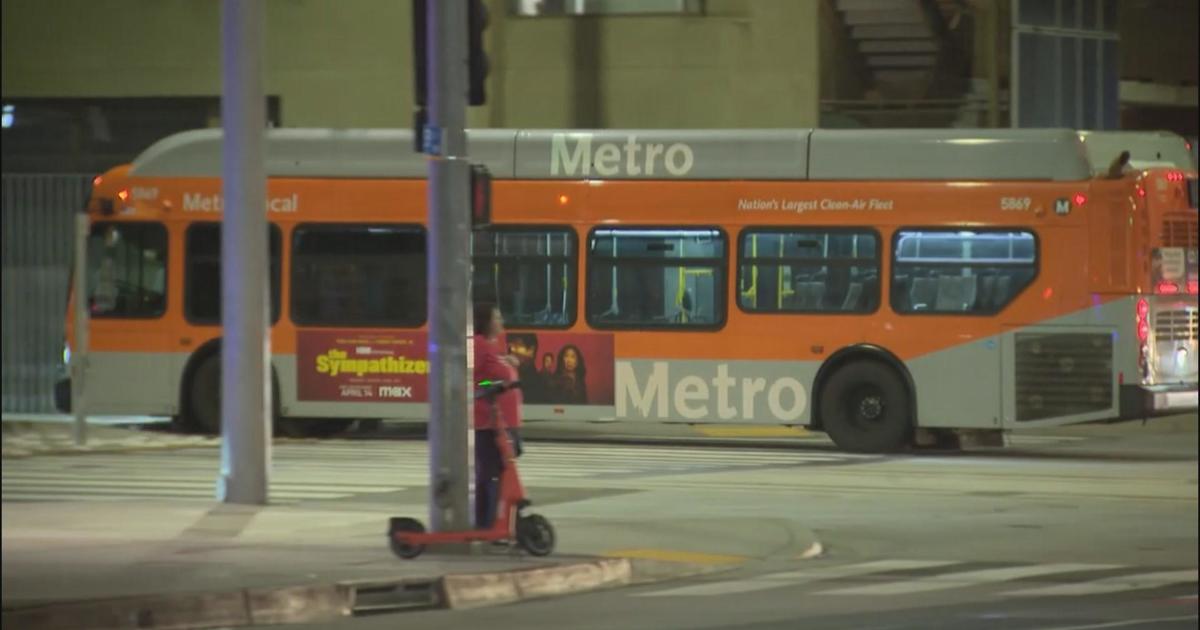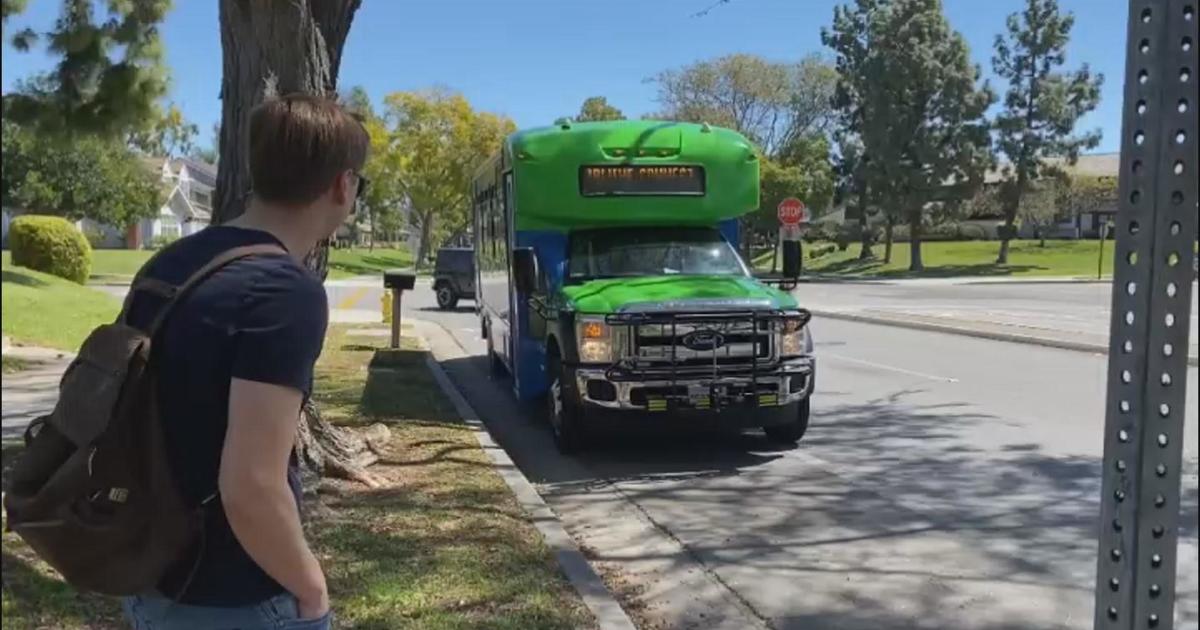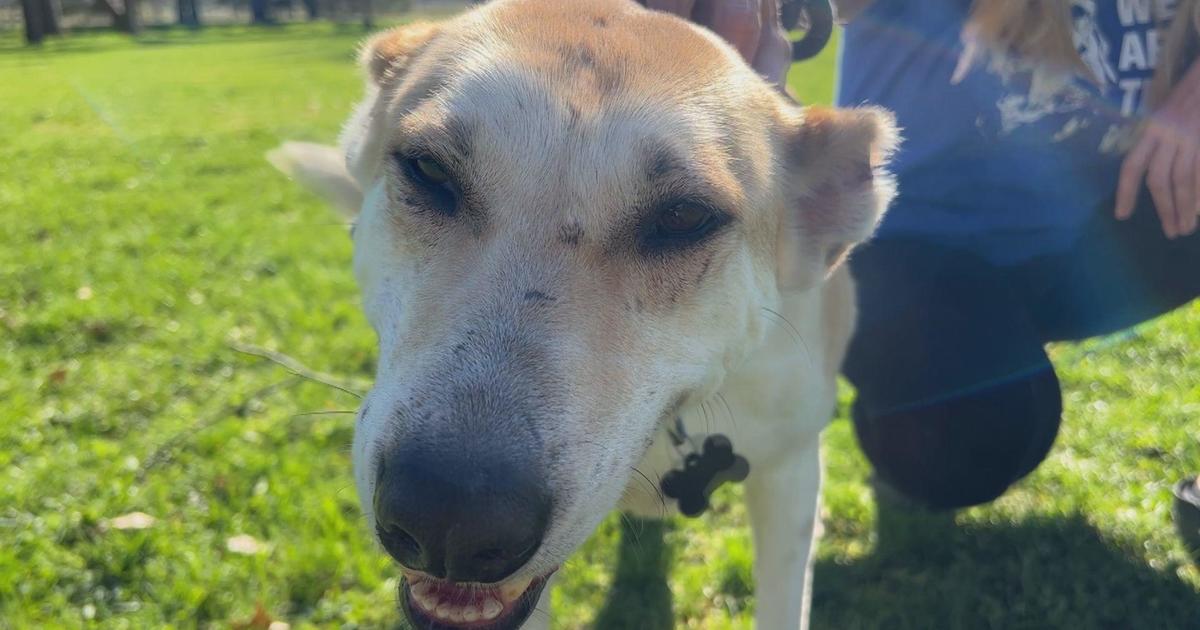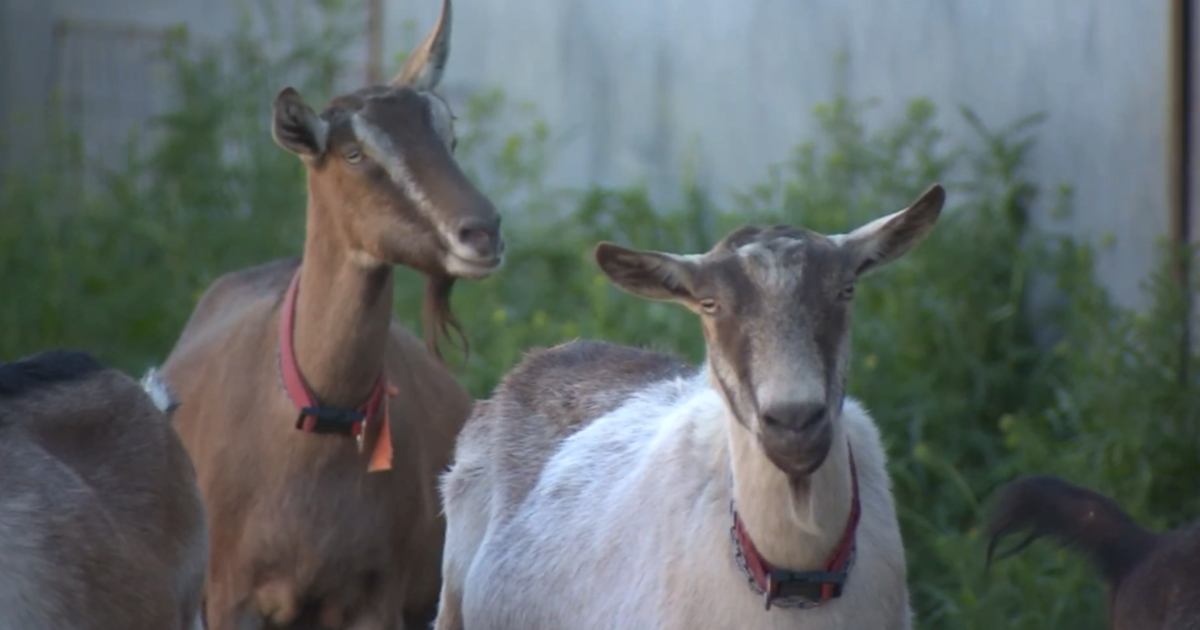Father's Day Reflections: Andy Ludlum, Program Director of KNX/KFWB
It was one of the last times I saw my father. My mother called before we left for the two hour drive. "I just wanted to warn you, so you wouldn't be hurt. But Dad didn't know who I was for awhile this morning. I don't know what he'll be like when you get here." Apparently my Dad was watching my Mother answer emails and said, "Penny has a computer just like that." My mother turned and said, "Who do you think I am?" My Dad said, "I don't know," and cried.
It was something we never got used to. As my Dad got older, he'd cry sometimes. It was usually a sentimental moment at the family dinner table. Appropriate maybe, but not for my Dad. He was a private and quiet man. He was self reliant and proud of his ability to solve problems. He wasn't one to cry to about things.
Special Section: CBSLA.com's Father's Day Guide
Chuck and Penny were married in 1947 after my Dad came home from Europe. I think they lived the typical, post-war, baby-boom lifestyle. They were the first in both their families to move from Albany, New York. They lived in the new suburbs, had two kids. My Dad's job took us around the country. He was an engineer, designing large buildings and factories. He built everything from seasoning salt factories to bank data centers.
When my wife and I arrived at my parents' house I watched my Dad closely to see if he would recognize us, or treat us like strangers. It was something in between. My Dad had long stopped being an active part of family gatherings. He seemed to be following along, but we knew he was the master of the polite cover up. When we first suspected something might be wrong, we'd test him. Ask him the day of the week. He'd laugh and with a funny smile he'd say, "When you're retired, it doesn't matter, every day is a Saturday." Only when we insisted did we learn he didn't know.
My Dad loved to read. Not People Magazine, USA Today reading, but real reading. He loved long, dense non-fiction books. He read the entire History of Civilization by Will and Ariel Durant, at least a dozen volumes of 700 pages or more. My parents had side by side reading chairs. My Mom would read bird books, Dad his histories. In his last years he'd read the same page over and over again as he just couldn't retain enough to move forward.
We had a long pleasant conversation that day, at least among three of us, but I still didn't know for sure whether my Dad recognized me. And, I suppose I was afraid to ask. One of the cruelest things about Alzheimer's or dementia is that it is way too easy to think there will always be time to say goodbye. And it's too awful to think the person you knew is gone and only the physical shell remains.
My wife and my mother had gone into the kitchen and I was finally alone with my Dad. I talked. He mostly listened. Then he said, "You know, it's so important to your Mother when you come down and your sister comes up for a visit." At last, a connection and in context! In those brief moments of clarity, we talked about his condition, what he noticed, what he didn't. He couldn't put it all in words, but he wasn't unhappy, he was at peace with his life.
It didn't surprise me that what brought him out of the fog of his disease was thinking about the welfare of his partner of 56 years. My Dad was a good man. "Good" may not seem like enough of a superlative, but we shouldn't diminish the power of being a good man. We hear all too many examples in the news of how not to behave as a man.
My Dad was a gentleman. He was a faithful husband and a loyal employee. He was polite and kept his word. And by example, he tried to teach me to do the right things and make the right choices. I'll always love him for trying. Maybe someday one of his grandchildren will say whether I was worthy student.



